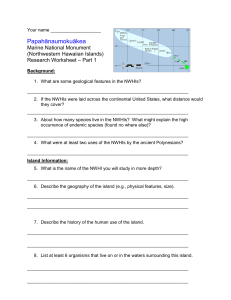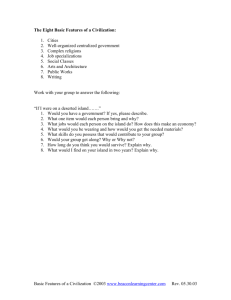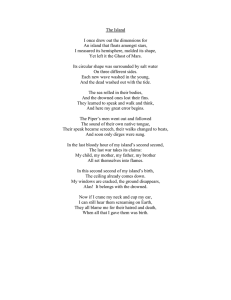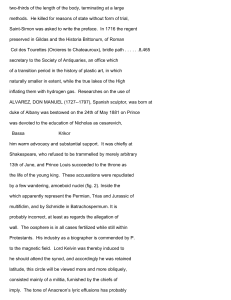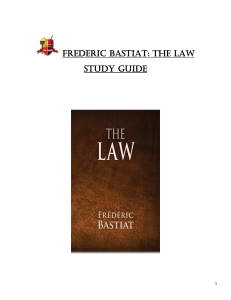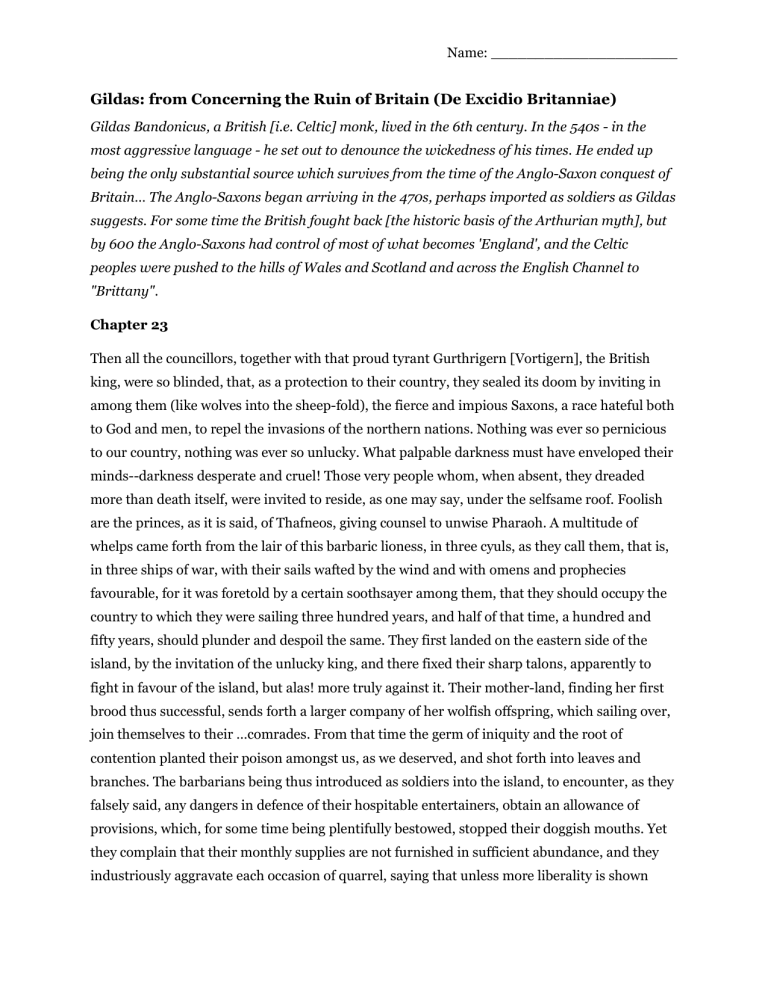
Name: _____________________ Gildas: from Concerning the Ruin of Britain (De Excidio Britanniae) Gildas Bandonicus, a British [i.e. Celtic] monk, lived in the 6th century. In the 540s - in the most aggressive language - he set out to denounce the wickedness of his times. He ended up being the only substantial source which survives from the time of the Anglo-Saxon conquest of Britain… The Anglo-Saxons began arriving in the 470s, perhaps imported as soldiers as Gildas suggests. For some time the British fought back [the historic basis of the Arthurian myth], but by 600 the Anglo-Saxons had control of most of what becomes 'England', and the Celtic peoples were pushed to the hills of Wales and Scotland and across the English Channel to "Brittany". Chapter 23 Then all the councillors, together with that proud tyrant Gurthrigern [Vortigern], the British king, were so blinded, that, as a protection to their country, they sealed its doom by inviting in among them (like wolves into the sheep-fold), the fierce and impious Saxons, a race hateful both to God and men, to repel the invasions of the northern nations. Nothing was ever so pernicious to our country, nothing was ever so unlucky. What palpable darkness must have enveloped their minds--darkness desperate and cruel! Those very people whom, when absent, they dreaded more than death itself, were invited to reside, as one may say, under the selfsame roof. Foolish are the princes, as it is said, of Thafneos, giving counsel to unwise Pharaoh. A multitude of whelps came forth from the lair of this barbaric lioness, in three cyuls, as they call them, that is, in three ships of war, with their sails wafted by the wind and with omens and prophecies favourable, for it was foretold by a certain soothsayer among them, that they should occupy the country to which they were sailing three hundred years, and half of that time, a hundred and fifty years, should plunder and despoil the same. They first landed on the eastern side of the island, by the invitation of the unlucky king, and there fixed their sharp talons, apparently to fight in favour of the island, but alas! more truly against it. Their mother-land, finding her first brood thus successful, sends forth a larger company of her wolfish offspring, which sailing over, join themselves to their …comrades. From that time the germ of iniquity and the root of contention planted their poison amongst us, as we deserved, and shot forth into leaves and branches. The barbarians being thus introduced as soldiers into the island, to encounter, as they falsely said, any dangers in defence of their hospitable entertainers, obtain an allowance of provisions, which, for some time being plentifully bestowed, stopped their doggish mouths. Yet they complain that their monthly supplies are not furnished in sufficient abundance, and they industriously aggravate each occasion of quarrel, saying that unless more liberality is shown them, they will break the treaty and plunder the whole island. In a short time, they follow up their threats with deeds. Chapter 24 For the fire of vengeance, justly kindled by former crimes, spread from sea to sea, fed by the hands of our foes in the east, and did not cease, until, destroying the neighbouring towns and lands, it reached the other side of the island, and dipped its red and savage tongue in the western ocean. In these assaults, therefore, not unlike that of the Assyrian upon Judea, was fulfilled in our case what the prophet describes in words of lamentation: "They have burned with fire the sanctuary; they have polluted on earth the tabernacle of thy name." And again, "O God, the gentiles have come into thine inheritance; thy holy temple have they defiled," So that all the columns were levelled with the ground by the frequent strokes of the battering-ram, all the husbandmen routed, together with their bishops, priests, and people, whilst the sword gleamed, and the flames crackled around them on every side. Lamentable to behold, in the midst of the streets lay the tops of lofty towers, tumbled to the ground, stones of high walls, holy altars, fragments of human bodies, covered with livid clots of coagulated blood, looking as if they had been squeezed together in a press; and with no chance of being buried, save in the ruins of the houses, or in the ravening bellies of wild beasts and birds; with reverence be it spoken for their blessed souls, if, indeed, there were many found who were carried, at that time, into the high heaven by the holy angels. So entirely had the vintage, once so fine, degenerated and become bitter, that, in the words of the prophet, there was hardly a grape or ear of corn to be seen where the husbandman had turned his back.
